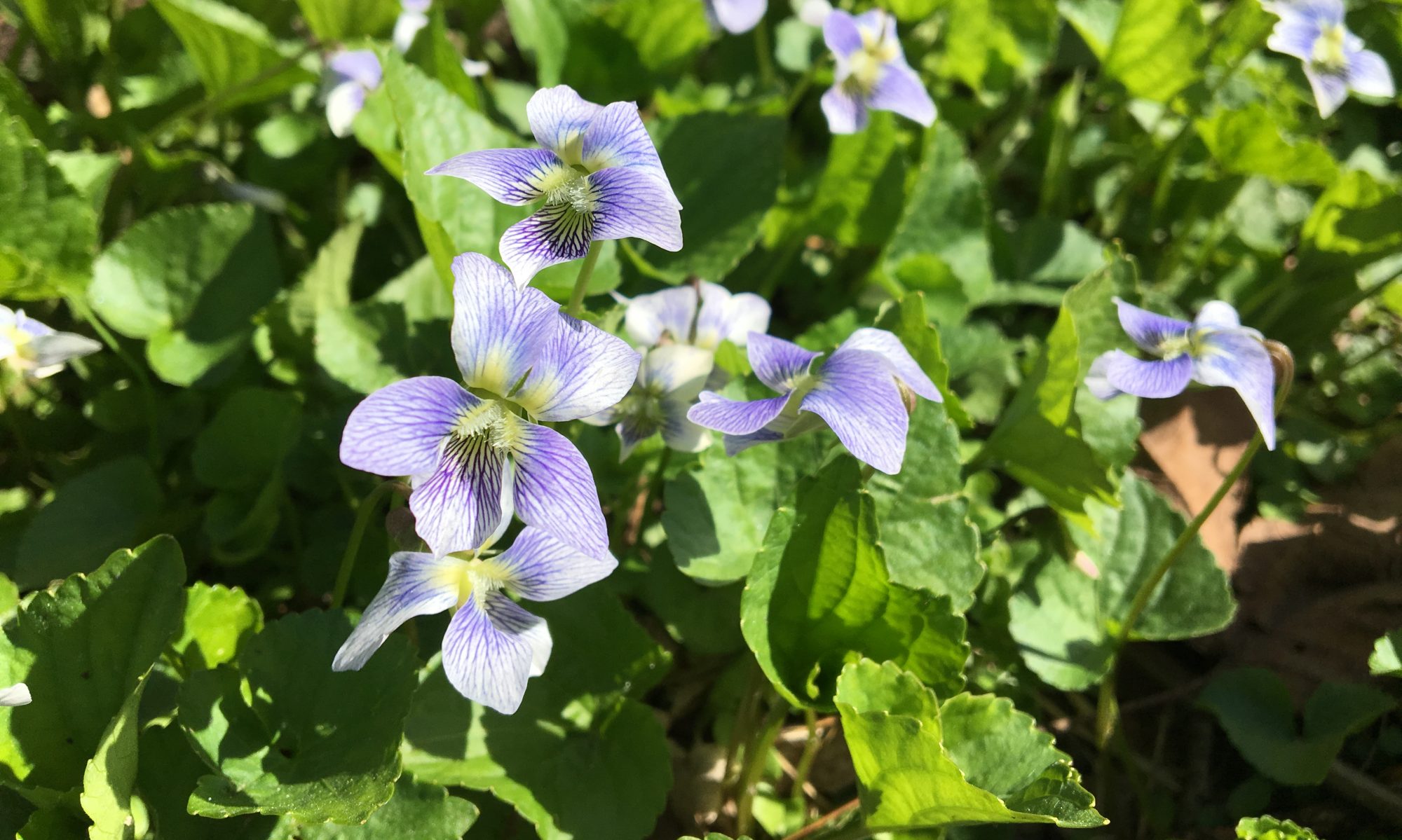Add 2 to 4 inches of shredded leaves, composted manure, or garden compost to perennial borders and garden beds once the ground has frozen completely.
Continue to feed the compost pile with grass clippings and dried plant material removed from garden beds. Avoid adding diseased plants to the pile. Turn the pile regularly to speed decomposition.
Before temperatures go below freezing, disconnect outside water sources, drain hoses, and store indoors. Sharpen and oil tools. Store all unused herbicides, pesticides, fertilizers, and chemicals in original, labeled containers. Avoid storing chemicals in unmarked plastic or glass containers because it’s too easy to forget what they are. Check expiration dates on products to be sure they’re still viable.
Clean birdbaths, but try to maintain a water supply for birds over winter. Small heating coils can be used in stone birdbaths to prevent water from freezing.
Clean and refill bird feeders. Regularly cleaning and rinsing bird feeders is essential to prevent spread of disease.
All ceramic, cement, or terra cotta containers should be emptied, cleaned, and stored in a frost-free space.
In the event of snowfall, avoid using salt-based de-icing products in or around garden areas.
Continue to water trees and shrubs, especially evergreens, until the ground has frozen.
Continue to plant hardy spring-flowering bulbs early this month if weather and soil conditions permit. After planting, broadcast a 5-10-5 fertilizer over the soil surface and water well. If rabbits, rodents, or deer have been a problem in past, consider planting varieties of the following pest-resistant bulbs: ornamental onion, grape hyacinth, fritillary, narcissus, windflower, or winter aconite. Some gardeners recommend lining the planting hole with ½ inch of sharp sand or gravel before setting in bulbs. These products help deter rodents from digging.
Cut to the ground all remaining dried perennial material not intended for winter interest. Add to your compost pile.
Plants brought indoors this fall might exhibit temporary “transplant shock” in their new environment due to changes in light and temperature. Sun-loving houseplants might suffer during cloudy winter season. If possible, consider supplemental artificial lights. Avoid overwatering houseplants. Cut back on fertilizer in general, except for plants intended to bloom all winter, such as miniature roses or geraniums.

Wheaton, Illinois